This article can focus on the latest advancements in aviation technology, such as electric aircraft, autonomous flight, and the use of artificial intelligence in air traffic control. The article can also explore the potential benefits of these advancements, such as reduced emissions, improved safety, and more efficient air travel.
The future of air travel is a topic of great interest and speculation. With advances in technology and changes in the world economy, the way we travel by air is likely to change dramatically in the coming years. Here is an overview of some of the key trends that are shaping the future of air travel.
- Increased use of electric aircraft: Electric aircraft are becoming more and more prevalent, with many companies investing in research and development of electric aviation technology. Electric aircraft have the potential to significantly reduce emissions and make air travel more sustainable, while also reducing operating costs.
- Urban air mobility: Urban air mobility refers to the use of aircraft for transportation within cities. With growing urban populations and increasing congestion on roads, there is a growing interest in finding new and more efficient ways to move people and goods within cities. EVTOL aircraft (Electric Vertical Take-Off and Landing) are seen as a promising solution for urban air mobility, offering fast and efficient transportation that bypasses congested roads.
- Autonomous aircraft: Autonomous aircraft, or drones, are becoming more and more prevalent, with many companies investing in the development of autonomous aviation technology. Autonomous aircraft have the potential to revolutionize the way we transport goods, with many experts predicting that drones will play a major role in air cargo transportation in the future.
- Increased use of biometrics: Biometrics, such as facial recognition technology, are being used more and more in the aviation industry, making air travel faster and more secure. In the future, it is likely that biometrics will be used for a range of tasks, from boarding the aircraft to clearing customs and immigration.
- Personalized travel experiences: Airlines are increasingly focused on providing personalized travel experiences, with a growing number of airlines offering premium services such as private suites, premium lounges, and in-flight dining experiences. This trend is expected to continue, with airlines looking for new and innovative ways to differentiate themselves from the competition and provide passengers with a unique and memorable travel experience.
In conclusion, the future of air travel is likely to be shaped by a range of trends, including increased use of electric aircraft, urban air mobility, autonomous aircraft, increased use of biometrics, and personalized travel experiences. Despite the challenges that need to be overcome, the aviation industry is poised for significant change in the coming years, and it will be exciting to see how these trends shape the future of air travel.























